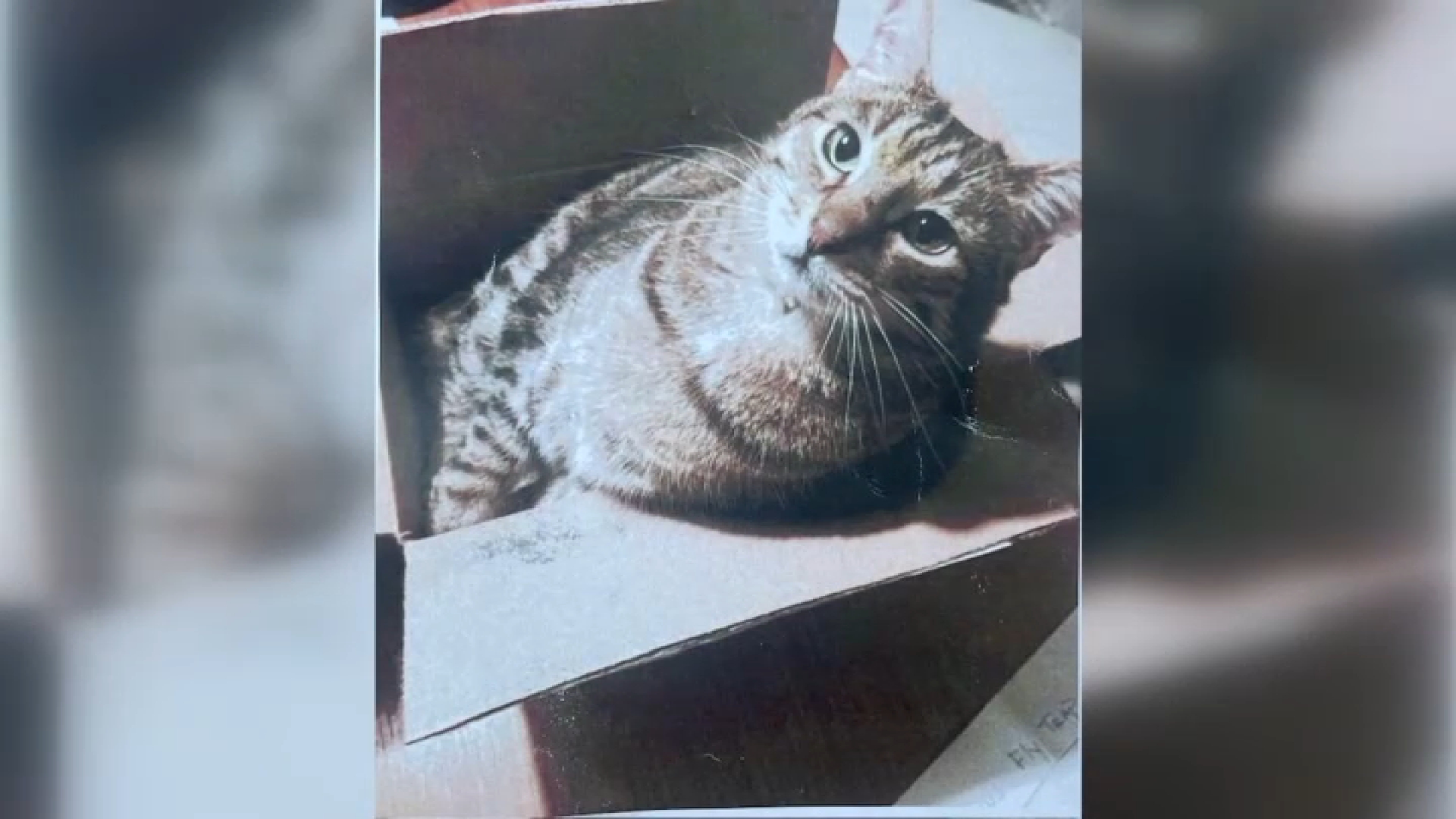Jurors began their first full day of deliberations Tuesday in the penalty trial of a Palmdale man convicted of the torture- murder of his girlfriend's 8-year-old son.
The jurors are deciding whether to recommend the death penalty or life in prison for Isauro Aguirre, a 37-year-old former security guard. A prosecutor told them in his closing arguments Monday that the death penalty was the "only appropriate and just punishment" but a defense attorney pleaded for mercy.
The seven-woman, five-man panel began deliberating Monday afternoon, meeting for about two hours before leaving for the day without reaching a verdict. The jury submitted a question to the court late Monday, asking what the outcome of the case would be if the panel is unable to reach a unanimous verdict.
Los Angeles Superior Court Judge George Lomeli told the panel Tuesday morning the question was "premature," since the jury was in the early stages of its deliberations.
The jury last month found Aguirre guilty of first-degree murder for the May 2013 killing of Gabriel Fernandez. Jurors also found true the special circumstance allegation of murder involving the infliction of torture, making him eligible for capital punishment.
The boy's mother, Pearl Sinthia Fernandez, 34, is awaiting trial separately in her son's killing. She could also face the death penalty if convicted.
Deputy District Attorney Jonathan Hatami Monday began his closing argument in the penalty phase by showing the jury autopsy photos of Gabriel's "head-to-toe" injuries, which a doctor, a nurse, a social worker, a sheriff's deputy and others working with child abuse victims had testified were the worst they had ever seen.
News
Top news of the day
"There is nothing worse in our society than a grown man murdering and torturing an innocent little boy," Hatami told the panel. Then he set a large photo of Gabriel, with a small smile on his face, on an easel in front of the jury box. "This case is not about the defendant's excuses," he said. "You are here because of this little boy and all the horrible and unimaginable things the defendant did to him."
Hatami imagined the "helplessness and hopelessness" Gabriel must have felt, reminding jurors of testimony that the boy was forced to sleep in a small wooden cabinet with his hands tied behind his back and his ankles handcuffed.
"Stuffed in that box ... cold, afraid, lonely, hungry, probably hard to breathe," the prosecutor said. The boy "defecated and urinated in that box" and "even was force-fed his own vomit. The defendant broke Gabriel's spirit."
Aguirre "beat Gabriel to death with his fists and his hands ... in front of Gabriel's own brother and sister. What type of man would do that?" Hatami asked. "Not a man with any goodness in him."
The prosecutor reminded jurors that Gabriel's "emaciated little body had nine metal BBs in it ... a lacerated liver, a fractured skull, whip marks on his back ... unimaginable pain and suffering at the hands of the defendant.
"What type of man would punch a child 10 times in the face? Not a man with any goodness in him," Hatami said.
"Death was likely a merciful end to Gabriel's pain and suffering," the prosecutor said before asking that jurors hold Aguirre accountable.
He objected to any characterization of Aguirre as a victim, calling him "a bully and a coward" and argued that the "severity of the injuries, the enormity of the crime" outweighed any mitigating factors.
Gabriel, he said, will "never graduate from elementary school or junior high or high school .... he'll never know the feeling of a first crush ... or be a father... Show the defendant the exact same mercy he showed Gabriel. Remember, we are not asking for revenge, we are asking for justice."
Defense attorney John Alan told jurors it is up to them to determine if Aguirre will spend his life "behind concrete walls and steel bars in prison until he departs this Earth in God's time" or dies "prematurely at the hands of man."
His client was never convicted of another crime and had no prior history of violence, Alan reminded the panel.
"Prison will never feel like home for Isauro Aguirre. The prospect of spending the rest of his life in prison terrifies him," Alan said. "He will no longer have the freedom to make his own decisions" about when to wake up, eat, shower, go to sleep and will be "tormented by the knowledge" of what he did to Gabriel.
"The death penalty is not required for even the most heinous crime," the defense attorney said, reminding jurors that they were each being asked to make "a personal, moral decision."
The defense attorney recalled co-workers' testimony about the defendant's "compassion, empathy, gentleness, kindness, respectfulness and patience" in dealing with elderly patients at an assisted-living facility in Woodland Hills.
"I don't think we'll ever truly understand how that person ... gentle, kind, patient, respectful ... came to commit this horrific crime," Alan said. "I believe that the answer, at least in part, lies where Isauro's life intersected with Pearl's."
Pearl Fernandez was "violent, abusive and neglected her children even before she met Isauro. Even her own family considered her a danger to her children," the defense attorney said.
Los Angeles County Fire Department personnel went to the family's home in the 200 block of East Avenue Q-10 in Palmdale on May 22, 2013, in response to a call that Gabriel was not breathing. He was declared brain-dead that day and taken off life support two days later.
Aguirre and Fernandez have been jailed without bail since being charged in May 2013 with the boy's death. The two were subsequently indicted by a Los Angeles County grand jury.
Two former Los Angeles County social workers -- Stefanie Rodriguez and Patricia Clement -- and supervisors Kevin Bom and Gregory Merritt are awaiting trial on one felony count each of child abuse and falsifying public records involving the boy.



